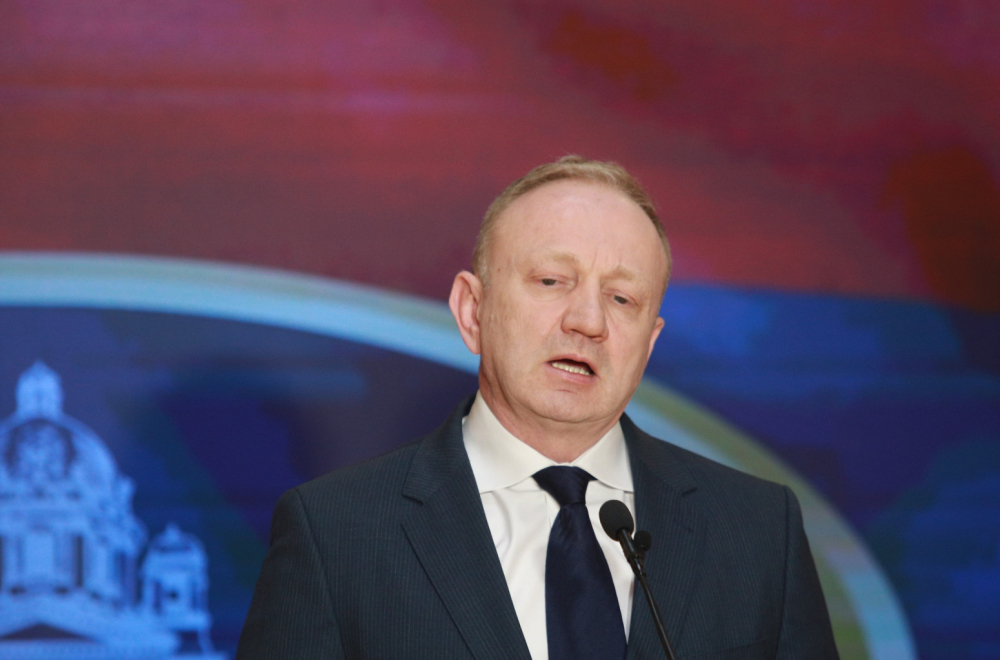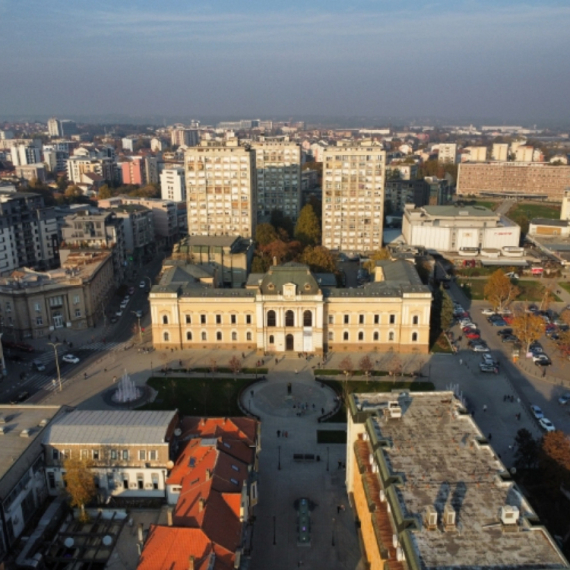Opposition leader Dragan Djilas has criticized European Commissioner for Neighborhood and Enlargement Marta Kos for her positive statements regarding Serbia’s European path. Djilas expressed doubts about the sincerity and effectiveness of reforms in Serbia, pointing out issues such as media laws, electoral conditions, vote buying, and the inaction of the prosecution in certain cases. He also criticized Vučić’s dominance in the media and the lack of a genuine opposition in the public sphere. Djilas believes that statements like those of Kos can confuse pro-European oriented citizens and that the influence of Vučić’s associates is too great. This criticism comes amid a broader political debate about Serbia’s European integration and internal reforms.
Political Perspectives:
Left: Left-leaning outlets tend to emphasize Đilas’s criticism of the ruling regime’s authoritarian tendencies, media control, and lack of genuine democratic reforms. They highlight the issues of electoral fraud, media suppression, and the need for true opposition voices. The positive statements by Marta Kos are viewed skeptically, seen as potentially legitimizing a flawed government.
Center: Centrist sources report the conflict as part of the ongoing political debate in Serbia regarding EU integration and domestic reforms. They present both Đilas’s criticisms and Marta Kos’s positive statements, often emphasizing the complexity of Serbia’s political landscape and the challenges in balancing reform progress with political realities.
Right: Right-leaning media often portray Đilas’s attacks as politically motivated and question his credibility. They may highlight the positive aspects of Serbia’s EU path as endorsed by European officials like Marta Kos, framing the ruling party’s efforts as legitimate and progressive. Đilas’s criticisms are sometimes depicted as attempts to undermine Serbia’s international standing.






































